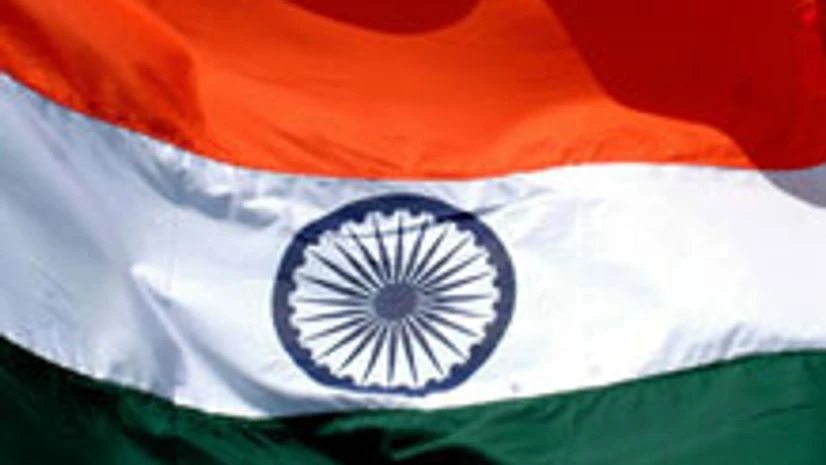India has jumped 16 places on the Global Competitiveness Index, according to the latest rankings released by the World Economic Forum (WEF) on Tuesday. It now ranks 55th among 140 countries, against 71st in 2014-15. But, despite this massive jump, which follows five years of a decline on the list, India still ranks seven notches lower than it did in 2007.
Switzerland tops the latest rankings, followed by Singapore, the US, Germany and Netherlands.
The WEF report attributes the jump in India's ranking "to the momentum initiated by the election of Narendra Modi, whose pro-business, pro-growth, and anti-corruption stance has improved the business community's sentiment towards the government". The report, however, says if a constant sample of 135 countries is considered for both 2014-15 and 2015-16, India's ranking would remain unchanged at 55th.
The Global Competitiveness Index is an annual assessment to gauge the factors driving productivity and prosperity across 140 countries. It measures a country's performance on 12 pillars -institutions, infrastructure, macroeconomic environment, heath and primary education, higher education and training, goods market efficiency, labour market efficiency, financial market development, technological readiness, market size, business sophistication and innovation. The World Bank's ease-of-doing-business survey ranks India at 142. The government has repeatedly promised to implement reforms to push the ranking to within the top 50.
On infrastructure, the ranking moved up six notches - now, it ranks 29th on the quality of railroad infrastructure and 11th on the available airline seats per km. But on other key parameters, it fares poorly, ranking 61st on the quality of roads and 98th on electricity supply.
The WEF report is rife with anomalies. Health and primary education is seen as an area of improvement, with India's ranking jumping 14 places. This is surprising, as on one of the indicators - quality of primary education - it ranks 52nd, which is at odds with various surveys such as the Annual Status of Education Report that show how poorly the country fares in this regard.
Another surprise is India ranks 25th on hiring-and-firing practices in the labour market, a sharp contrast to public discourse in India that sees restrictive labour laws as thwarting growth in the manufacturing sector.
The report lists corruption, policy instability, inflation, access to financing, government instability and inadequate supply of infrastructure as the top concerns in terms of doing business in India.

)
